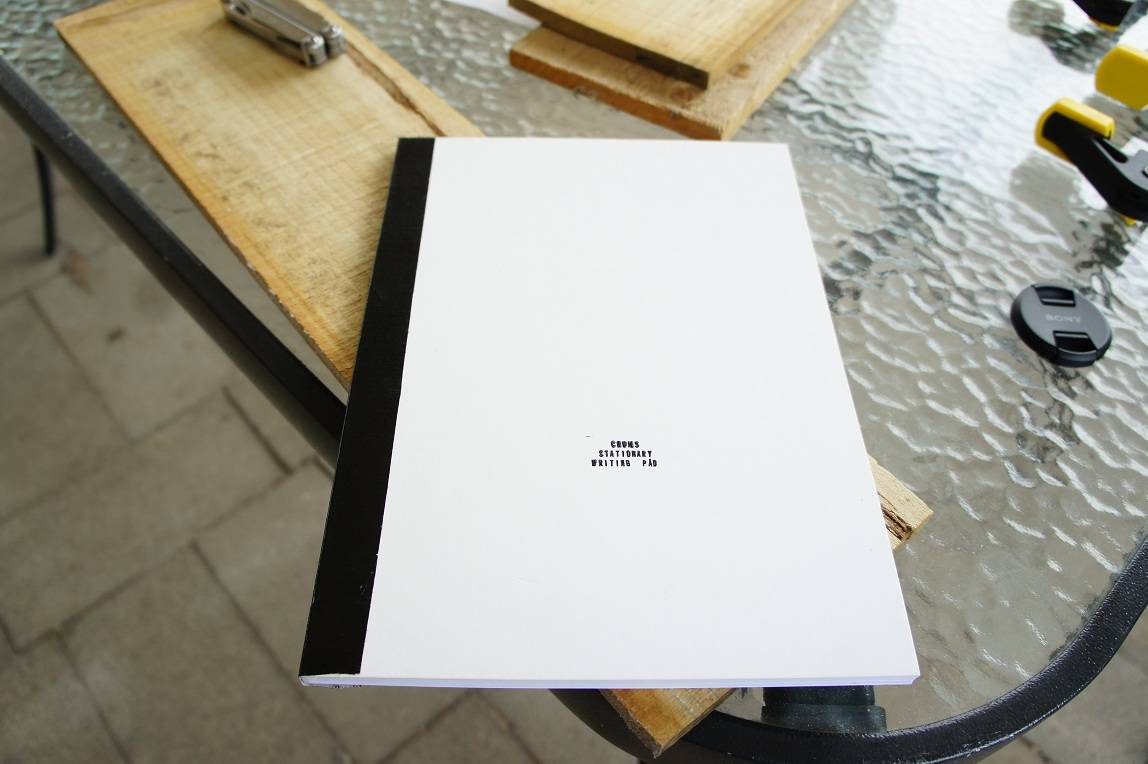The Things We Couldn’t Say September 9, 2013
Author: Beach Combing | in : Ancient, Contemporary, Medieval, Modern , trackbackA heartbreaking story yesterday. A friend works with the terminally ill, helping those suffering and family members ‘survive’ the process. She is a trained psychologist and a very energetic and capable, elderly woman came under her care. As part of a therapy of ‘release’ this elderly woman, with a steadily growing malignant tumour inside her, decided to write the story of her life. The friend/psychologist assisted this process and the woman not only wrote but privately published a book presenting it to friends and family at the local library in, what was by all accounts, a wonderful soiree. Two days later the psychologist’s doorbell rings and the postman bring an envelope packed full of A4 and a covering letter from the elderly patient. In this letter she explains to her psychologist that this was the chapter that she could not publish because it included things that might upset her children but that she felt she had to show it to someone: at least her psychologist would read it. There were the details of an unhappy marriage, extra-marital affairs, longings, sexual problems, etc etc. The chapter was entitled ‘the things I couldn’t say’: memories of the kisses in Cinema Paradiso (a terrible film with a brilliant ending).
This anecdote, lyrical, sad or plain horrible, depending on your sensibility, got Beach thinking. Just as individuals have ‘things they cannot say’, so surely whole civilisations do. Take an example, of jokes. We have lots of hints and clues and occasionally proof that Victorian jokes were quite as dirty as ours. But Victorian dirty jokes were not published: or better they could not be published. The ‘laughs’ had in pubs in 1600 or 1700 or 1800 can be cited from books and newspapers that are more or less easily available. But the laughs had in 1850 or 1900 in gin palaces and beer halls are lost to us for ever. If you want to reconstruct those jokes the best you can do is to find the same joke from 1800 and 1950 and assume that it has a direct genealogy. Another example, in the early middle ages our very few texts show an almost entire absence of autobiography. After Augustine and St Patrick the introspective, thinking about self of earlier years disappears: the idea of describing your dream and ruminating on it, say, would have been absurd, almost obscene, almost as bad, indeed, as a dirty Victorian joke. Other ‘things I cannot say’ from different historical periods, remembering of course that we have our own censoring: drbeachcombing AT yahoo DOT com



